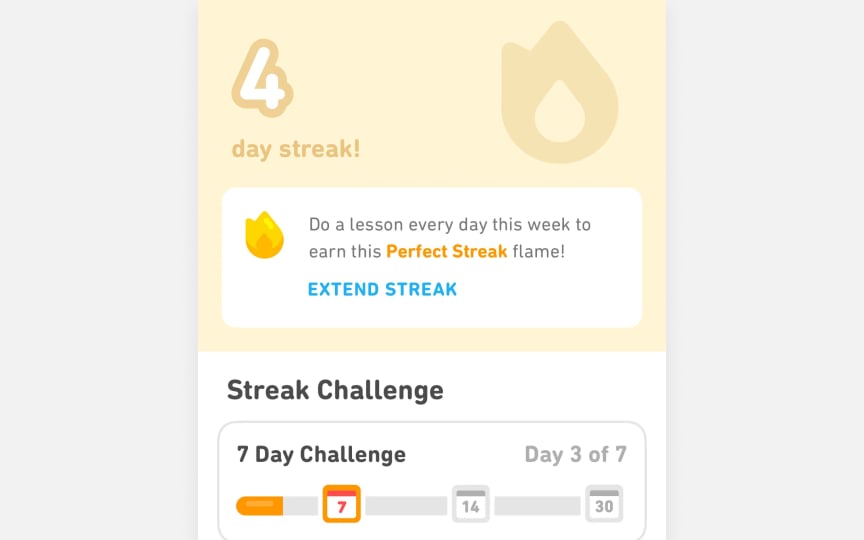Evaluating long-term metric impacts
Short-term metrics can mislead teams about AI success. A news app might boost daily active users by showing sensational content, but users eventually feel manipulated and leave. A learning app might increase session length by making lessons addictive rather than educational. Initial metrics look great while long-term value erodes.
This temporal mismatch creates dangerous incentives. Teams under pressure to show quick wins optimize for immediate gains. Quarterly targets override sustainable growth. The AI learns patterns that work today but harm tomorrow. Users lose trust, communities suffer, and products ultimately fail.
Long-term evaluation requires patience and planning. Teams need to track cohort retention over months, not days. User satisfaction should be measured repeatedly, not just after first use. The impact on user behavior, wellbeing, and goals matters more than engagement metrics.
Consider a meditation app. Short-term success might mean daily opens and session length. Long-term success means users actually feel calmer, sleep better, and develop sustainable practices. The second is harder to measure but far more valuable. Products that genuinely help users succeed in the long run.

